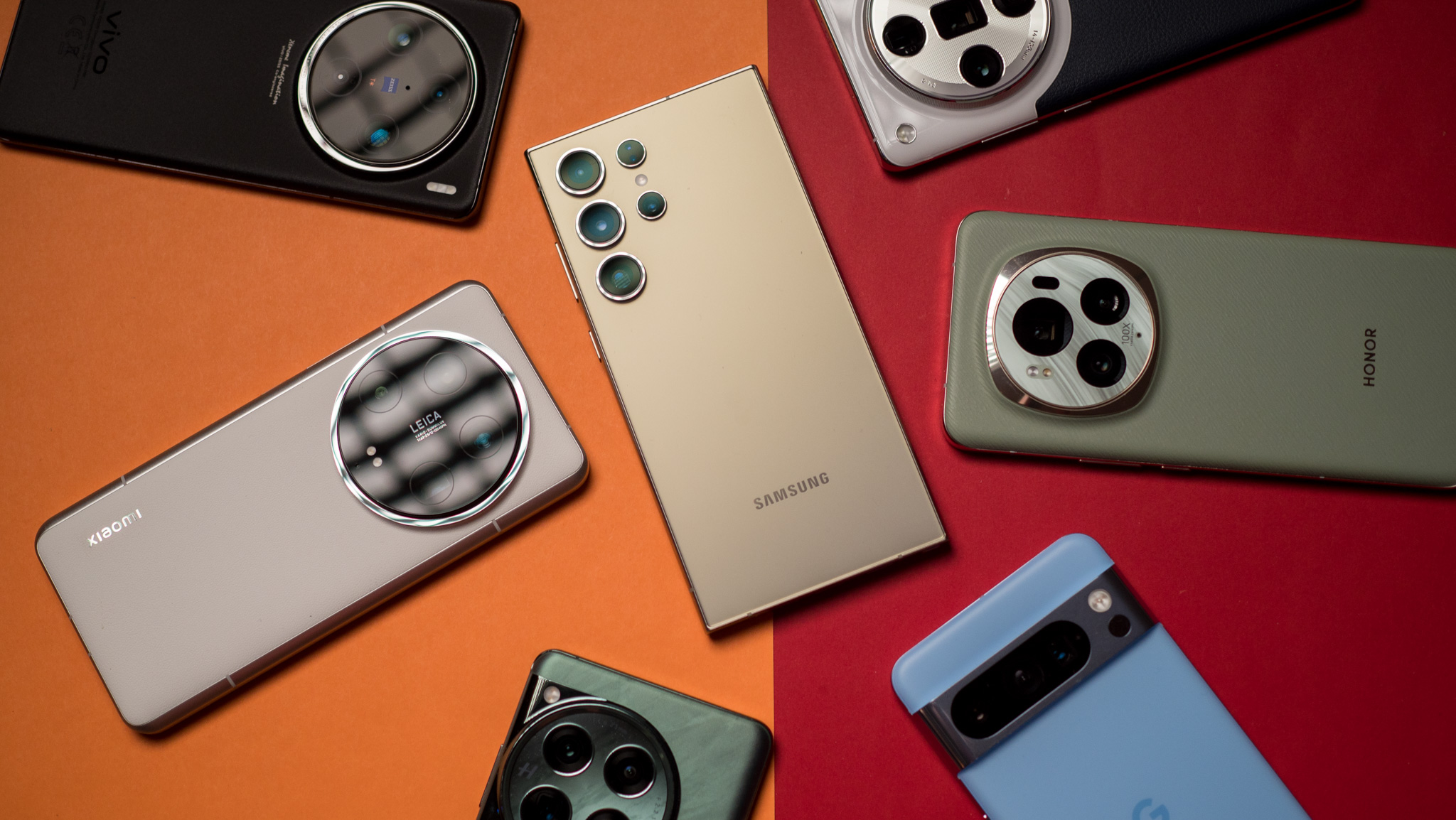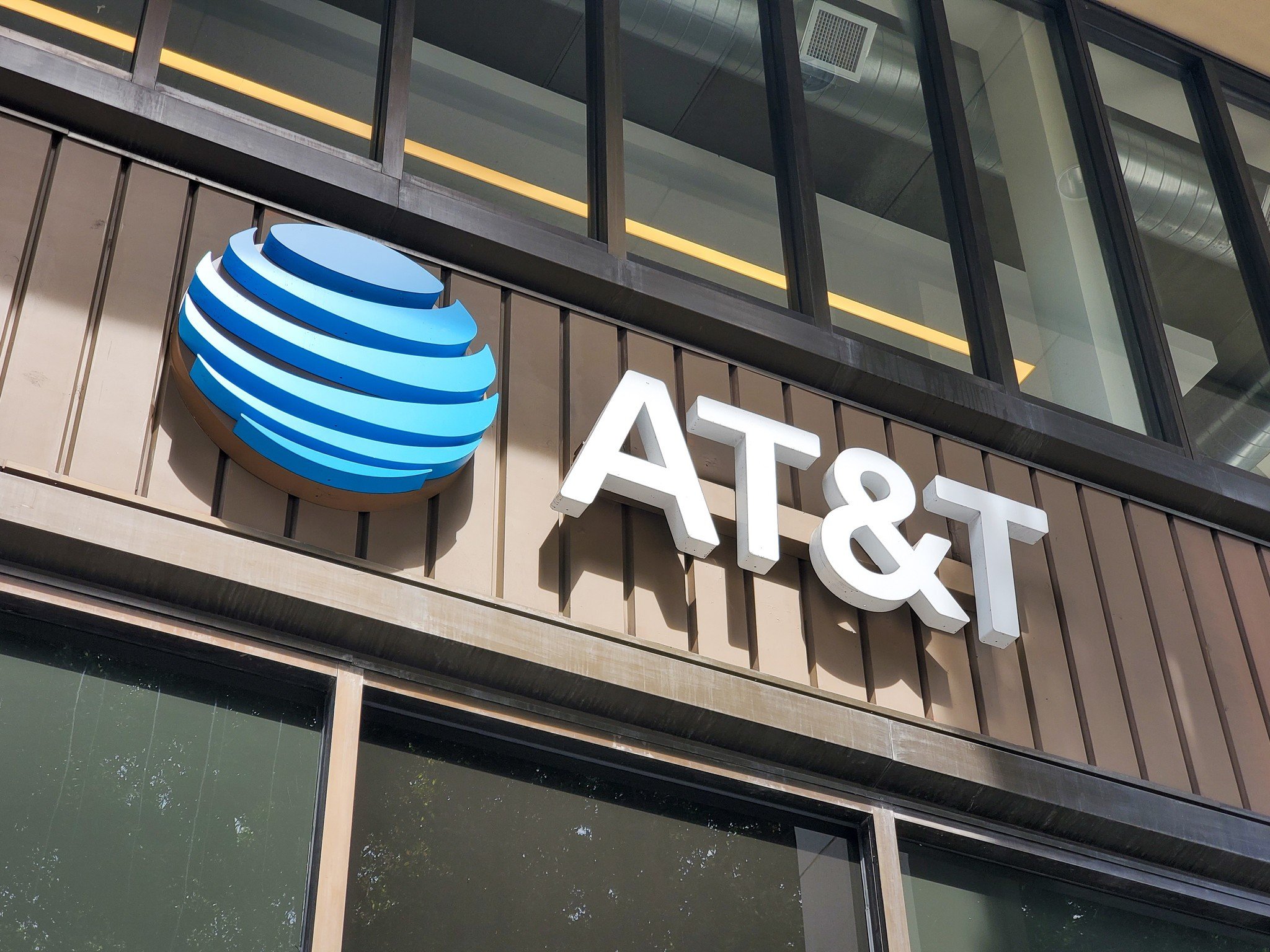
What you need to know
- The Federal Communications Commission (FCC) is proposing a new rule that would require carriers to unlock devices within 60 days of activation.
- Currently, unlocking requirements are left up to the carriers themselves, and the FCC says this creates confusion.
- The proposal is still a ways off from impacting how users unlock their phones, but it is a notable step in the right direction.
Cellular services in the U.S. are mostly handled by a select few carriers, including AT&T, Verizon, and T-Mobile. When you purchase or activate a new phone with a carrier, the smartphone can be "locked" to that carrier for a period of time. Essentially, this restriction prevents phones from being used with a competing carrier until they are "unlocked." As of now, the requirements governing when phones are locked — and how they can be unlocked — are set by each carrier individually.
The U.S. Federal Communications Commission (FCC) isn't thrilled with this arrangement, and is proposing an alternative. In a press release issued Thursday, July 18, the FCC explained how a change in unlocking rules could reduce customer confusion by introducing a standardized process.
"Currently, mobile service providers use a variety of unlocking policies—some abide by voluntary industry standards while others are subject to more stringent and enforceable unlocking requirements as a result of transaction commitments or rules specific to certain frequency bands," the FCC said. "This proposed rulemaking seeks to ensure the customers of all mobile service providers can expect the same baseline of unlocking standards and resources."
Under the proposed set of rules, all cellular carriers would be required to unlock devices within 60 days of their activation. The move is intended to increase competition, as it would be easier to switch from one carrier to another. In some cases, phones currently need to be unlocked manually through a customer request. Manually needing to ask cellular carriers like AT&T or T-Mobile is a significant obstacle to making the switch to another alternative.
However, this proposal isn't going to take effect anytime soon. For now, the FCC is merely issuing what is known as a Notice of Proposed Rulemaking. The agency is making its proposal known and will seek comments and feedback on the proposed rule changes. For example, it wants to know whether a potential rule change should be applied to existing contracts or future contracts and how it would affect carrier deals and promotions.
This is a significant hurdle to overcome because most carriers today will not unlock a device until it is completely paid off. Installment plans from cellular carriers can last as long as 36 months today. It's already difficult to pay off your phone early because doing so may result in losing promotional credits or discounts. If the FCC's 60-day requirement doesn't apply until after phones are completely paid off, this proposed policy may not have as much of an impact.
These are just a few things that the FCC wants feedback about during the public comment period. The conversation will be extensive, and I'd guess there will be some carrier pushback. After this public comment period, the proposed rule can continue to the drafting and revising stages. In other words, it will be quite a while before these potential unlocking requirements actually start making a difference at the consumer level.
The proposed device unlocking overhaul is long overdue

The FCC plainly states that this move is intended to reduce confusion, and that's exactly what we need in the cellular industry. In some cases, cellular carriers already allow their devices to be unlocked within or after a 60-day activation period. However, these requirements are inconsistent and aren't consumer-friendly.
For example, AT&T's unlocking requirements include eight bullet points and an additional disclaimer, with some legalese in the mix. For the most part, AT&T permits device unlocking after 60 days as long as customers have paid their device and service bills. Unfortunately, the requirements aren't stated as plainly in the official requirements. The confusing policies and the need to manually request to have a device unlocked may be enough to prevent people from unlocking their phones altogether.
Somehow, despite multiple competition inquiries into mergers and acquisitions over the years, we're left with three major cellular carriers in the U.S. Customers need to choose between AT&T, Verizon, and T-Mobile. The smaller brands are limited, and are often owned by one of those three conglomerates. In the rare event that an independent or regional carrier is still privately owned, they usually operate on one of the major networks anyway. Basically, there is little incentive for users to choose anything but one of the three major carriers.
And due to the swath of complicated unlocking requirements in place today, it's not easy to switch between them. So, some users end up feeling stuck with the major carrier they chose in the first place. It's easy to see why this is a problem, especially as more and more people buy new smartphones via carrier contracts and promotional installment plans.
The system has arguably been broken for a long time, but perhaps the FCC can make a step in the right direction by standardizing unlocking rules. Under the new proposal, users can expect the same experience regardless of which carrier they use, and won't have to manually request for their devices to be unlocked.







